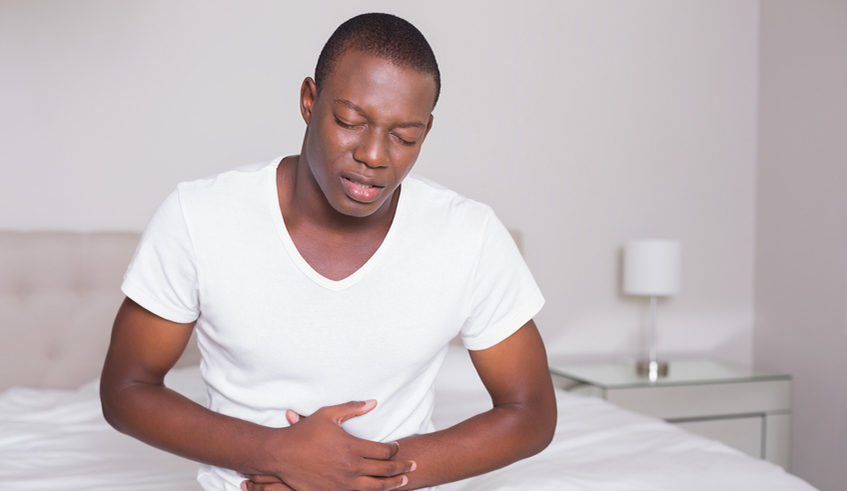

Constipation occurs when bowel movements become less frequent and stools become difficult to pass. It happens most often due to changes in diet or routine, or due to inadequate intake of fibre.
Other key features that usually define constipation include: dry and hard stools that are painful and hard to pass.
Francis Kazungu, a Kigali based consultant says in his line of duty, constipation is one of the most frequent gastrointestinal complaints from the patients he sees most of the time.
This being said, he notes that people of all ages can have an occasional bout of constipation, but there are certain people and situations that are more likely to lead to becoming constipated more often.
One of the common factors he says is age, noting that older people tend to be less active, have a slower metabolism and less muscle contraction strength along their digestive tract than when they were younger.
For this reason, most of the time they are the ones with a problem of frequent constipation.
Also, Kazungu says a woman, especially when pregnant and after childbirth, has high tendencies of experiencing constipation.
He explains that this comes due to the changes in a woman’s hormones which make them more prone to constipation, adding that this happens when the baby inside the womb squishes the intestines, slowing down the passage of stool.
Causes
One of the main reasons why constipation occurs is because of not getting enough fibre in your diet.
Joseph Uwiragiye, head of nutrition department at University Teaching Hospital of Kigali (CHUK) says people with a high intake of dietary fibre are less likely to experience constipation. This is because fibre promotes regular bowel movements, especially when a person combines it with proper hydration.
"People may become constipated if they eat few vegetables, fruits, and whole grains, all of which are high in fibre. Also, taking in much fluids is also helpful as it adds bulk to stools, making bowel movements easier,” he says.
However, he is quick to point out that it's as well essential for people to note that some liquids can increase the risk of dehydration and make constipation worse for some people. For instance, those who are prone to constipation should limit their intake of caffeinated sodas, coffee and alcohol.
Besides, Uwiragiye says low levels of physical activity may also lead to constipation.
Studies have found that physically fit people, including marathon runners, are less likely to experience constipation than other people. Therefore, increasing mobility might help reduce constipation among older people.
On the other hand, people who spend several days or weeks in bed or sitting in a chair may have a higher risk of constipation.
In addition to this, illnesses can also bring about constipation. A period of illness, particularly an illness resulting in hospitalisation and bed-rest, typically results in constipation.
A tendency to ‘put off’ going to the toilet can contribute to one being constipated, the medic says.
"Ignoring the urge to go to the toilet means that more water will be extracted from the stools, making them difficult to pass. Regularly ignoring this urge may make the body less sensitive to normal signals to go to the toilet.”


